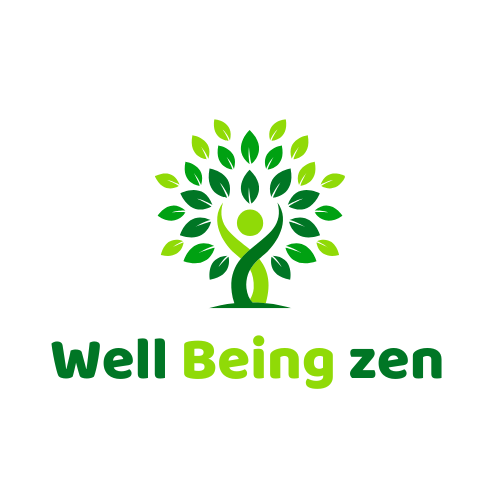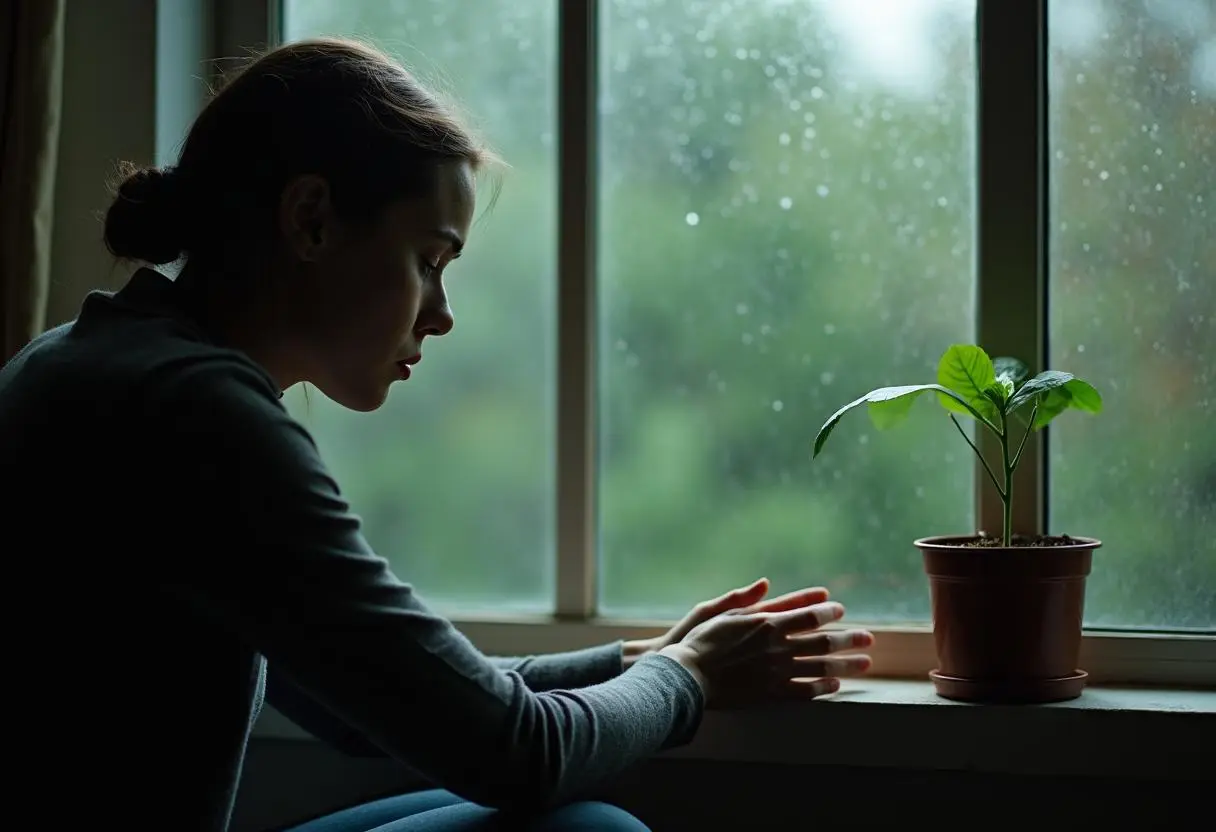Recognizing the early symptoms of depression is the first, most crucial, and often the most difficult step toward healing. It’s late, in the deep quiet of the Pune night, a time when the world is asleep, but your mind might be painfully awake. It’s in these silent hours that the subtle feelings you’ve been pushing away during the day—a persistent flatness, a heavy sense of exhaustion, a feeling that something is just off—can become loud and overwhelming.
It’s so easy to dismiss these feelings. We tell ourselves, “I’m just tired,” “It’s just stress from work,” or “I just need to snap out of it.” We worry that admitting something is wrong is a sign of weakness. But what you are feeling is real, it is valid, and it is not your fault.
Depression is not a choice or a character flaw; it is a serious medical condition. And like any health condition, recognizing the signs early can make all the difference. This article is a gentle guide to help you understand some of the most common, yet often overlooked, signs of depression. This is a space of non-judgment, a space of understanding.
Table of Contents
More Than Just Sadness: What Depression Can Feel Like
We all feel sad. Sadness is a normal, healthy human emotion that comes and goes in response to difficult events. Depression is different. It’s a persistent shadow that can hang over you for weeks or months, affecting your ability to function.
It can feel like a grey filter has been placed over your world, draining the colour from everything. It can feel like you’re moving through thick mud, where every simple task requires a monumental effort. It isn’t just an emotion; it’s a change in your entire being. Understanding this difference is key to identifying the early symptoms of depression.
7 Subtle Signs and Early Symptoms of Depression to Watch For
Depression doesn’t always look like crying and overwhelming sadness. It often shows up in far more subtle ways. Here are seven common early signs to be aware of.
1. Persistent Fatigue That Sleep Doesn’t Fix
This isn’t just feeling tired after a long day. This is a deep, bone-weary exhaustion that doesn’t go away, even after a full night’s sleep. You might wake up feeling just as tired as when you went to bed. Simple tasks feel draining, and your body feels heavy and sluggish for no apparent reason.
2. Loss of Interest in Things You Once Loved (Anhedonia)
This is one of the most classic early symptoms of depression. Hobbies that used to bring you joy now feel like a chore. You might lose interest in seeing your friends, listening to your favourite music, or even eating your favourite foods. There’s a sense of flatness and an inability to feel pleasure or excitement.
3. Changes in Sleep and Appetite
Your body’s basic rhythms are often the first to be disrupted. This can go in one of two directions:
- Sleep: You might find yourself unable to fall asleep or stay asleep (insomnia), or you might find yourself wanting to sleep all the time (hypersomnia), using sleep as an escape.
- Appetite: You might lose your appetite completely and lose weight without trying, or you might turn to food for comfort, leading to overeating and weight gain.
4. Increased Irritability and Frustration
Depression isn’t always quiet and withdrawn. For many people, especially men, it can manifest as anger, irritability, and a very short fuse. You might find yourself getting easily annoyed by small things, snapping at loved ones, or feeling a constant, simmering frustration just below the surface.
5. Difficulty Concentrating and Making Decisions
Depression can create a significant “brain fog.” You may find it hard to concentrate on a work task, follow the plot of a movie, or even read a book. Simple, everyday decisions, like what to wear or what to eat, can suddenly feel overwhelming and impossible to make.
6. Unexplained Aches and Pains
Our minds and bodies are deeply connected. Often, emotional pain can manifest as physical pain. If you’re experiencing an increase in chronic headaches, back pain, stomach problems, or general muscle aches that have no clear physical cause, it could be one of the physical symptoms of depression.
7. Feelings of Worthlessness or Excessive Guilt
Depression can warp your perception of yourself. It can amplify your inner critic, making you feel worthless, inadequate, or like a burden to others. You might find yourself ruminating on past mistakes, blaming yourself for things that aren’t your fault, and feeling a deep sense of shame.
What to Do Next: Your First Brave Steps Toward Healing
If some of these signs of depression resonate with you, the most important thing to hear is this: You are not alone, and help is available. Reaching out is an act of immense courage.
- Talk to Someone You Trust: The first step is often to break the silence. Confide in a trusted friend, family member, or partner. Simply saying the words “I think I need help” out loud can lift an enormous weight.
- Consult a Professional: Speaking to a therapist, counsellor, or psychiatrist is the same as seeing a doctor for a physical ailment. They are trained professionals who can provide a safe space, a proper diagnosis, and effective treatment plans. This is a sign of strength, not weakness.
- Be Gentle with Yourself: Right now, your only job is to be kind to yourself. Don’t pressure yourself to “be happy.” Lower your expectations. A small act of self-care, like taking a 10-minute walk, listening to a soothing song, or drinking a warm cup of tea, is a victory.
IMPORTANT: You Are Not Alone. Help is Available.
If you are feeling overwhelmed or are in crisis, please do not hesitate to reach out. There are people who want to help.
- iCALL Psychosocial Helpline: 9152987821
- Vandrevala Foundation Helpline: 9999666555
- Your local doctor or a trusted friend/family member.
Conclusion: A Glimmer of Hope in the Quiet
In the deep quiet of the night, it can feel like you are the only person in the world who feels this way. But you are not. Millions of people understand this struggle. Recognizing these early symptoms of depression in yourself is not a diagnosis of a life sentence; it is a glimmer of hope. It is the beginning of awareness, the first step on the path to reclaiming your light.
Your feelings are real, they are valid, and they deserve care and attention. Please be brave enough to take that first small step. You are worth it.




